I've spent 2 days trying to export a 75,000 row table containing a large text field of user input data from a SQL server installation. This data contains every plain ascii character, tabs, and newlines. I need to export CSV where every field is quoted, and quotes within the quoted columns are properly escaped ("").
Here is what I've tried so far: - Right clicking on the database from Management Studio and exporting to Excel: fails due to the field being too long. - Data Export from Management Studio to flat file with " text separator and comma separation - completely useless, does not escape quotes within a field making the file completely ambiguous. - BCP from command line - also does not support quoting fields.
I need to import with the FasterCSV ruby library. It does not allow the quote delimiter to be a non-standard ascii character or more than one character. It also does not allow \n or \r in unquoted columns.
Any help is greatly appreciated.
